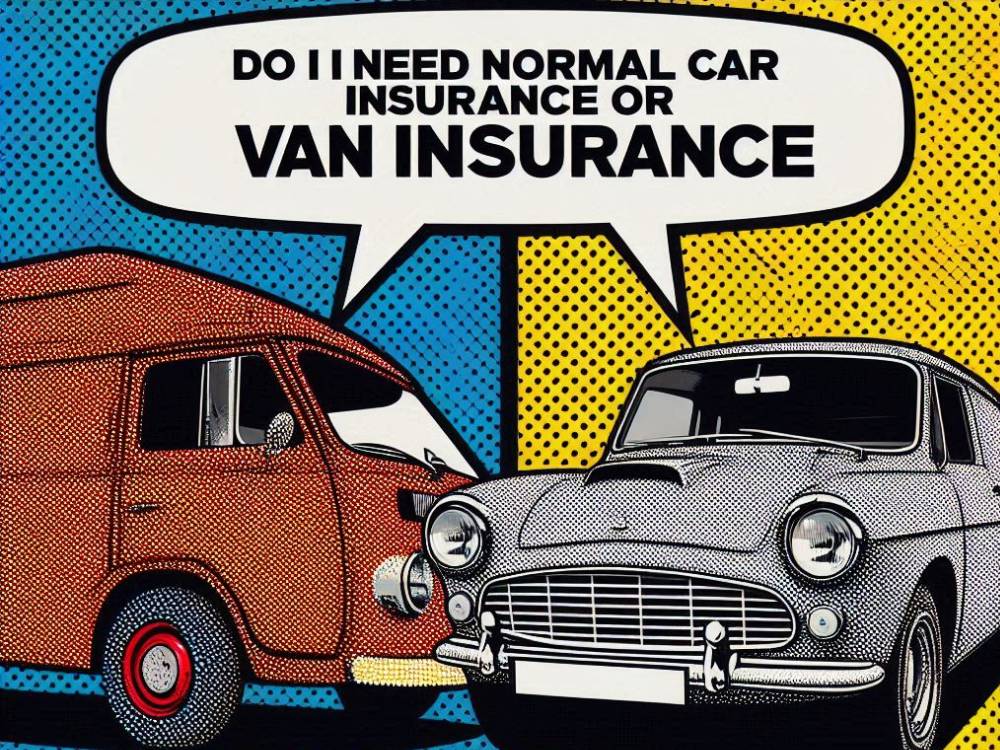Introduction
UK van insurance tips!
Across the UK, vans are no longer just for tradespeople hauling tools.
Instead, they’ve become weekend adventure vehicles, hobby haulers, and daily drivers for thousands of people.
Because of this shift, van insurance is more important than ever.
In fact, it’s a legal requirement — and getting it wrong can cost you far more than you expect.
As a result, one small mistake or missing detail could leave you without cover when you need it most.
That means paying for repairs, legal fees, or damages entirely from your own pocket.
So, what can you do to protect yourself?
Common Mistakes That Invalidate Van Insurance
When applying for cheap van insurance, accuracy is absolutely critical.
After all, one wrong detail can trigger an instant policy cancellation.
Because of this, insurers are quick to reject claims if your information doesn’t match reality.
Here’s the truth…
If you misreport where your van is parked overnight, your average mileage, or your occupation, you’re taking a huge risk.
And here’s where it gets tricky…
Insurers calculate your premium based on the details you provide at the start.
That means any inaccurate information — even if accidental — can be classed as misrepresentation.
In many cases, that’s enough to void your cover completely.
For example, if you claim your van is parked in a private driveway but it’s actually on the street, you could face a denied payout.
If you want to know exactly how small oversights can cause big problems, check out Are You Driving a Car or a Van? Check Your Insurance Policy.
UK Van Insurance Tips: Not Updating Your Details
Even after your policy starts, you must keep your insurer informed of changes.
For example, moving house, changing jobs, or altering your mileage can all impact your risk category.
Now, let’s break this down…
If you don’t update your insurer, you’re driving under a policy based on outdated and potentially misleading information.
Because of that, your cover could be invalid the moment something goes wrong.
It’s far easier — and far cheaper — to spend five minutes updating your details online than to fight a rejected claim.
Similarly, some insurers adjust premiums mid-term, which means not updating your details could also mean paying more later.
Poor Van Maintenance And Unnamed Drivers
Your van must always be roadworthy to stay insured.
This isn’t just common sense — it’s a direct requirement in most insurance policies.
You might be wondering why this matters so much…
Well, if your van breaks down or is involved in an accident due to poor maintenance, your insurer can refuse to pay out.
For instance, bald tyres, faulty brakes, or broken lights are clear grounds for claim rejection.
On top of that, letting someone who isn’t named on your policy drive your van can instantly void your insurance.
Even if it’s a friend borrowing it “just for a quick trip,” the risk isn’t worth it.
If you want a better understanding of why insurers take this seriously, read Why Proper Vehicle Compliance Is Crucial for Road Safety.
And remember all these UK van insurance tips.
Making Modifications Without Notifying Your Insurer
For many van owners, modifications are part of the fun.
However, even small changes can affect your insurance.
Let me explain why this is critical…
Any modification — from adding a spoiler to installing external racking — can change your van’s value, performance, or safety rating.
You must inform your insurer before you start the work.
What’s more, failing to declare a modification can leave you uninsured without realising it.
Even seemingly minor upgrades, such as alloy wheels or tinted windows, can influence your premium.
Here’s what you need to remember…
Always check with your insurer before making changes, no matter how small.
For more detail on what counts as a modification, see What Counts as a Modification for Van Insurance?.
What Is Classed As A Van Modification?
Many drivers assume that only major changes count as modifications.
In reality, insurers see even small tweaks as potential risk factors.
For example, spoilers, body kits, and vinyl wraps can all change your premium.
In particular, adding internal or external racking changes how your van carries weight.
Specifically, extra seats and windows affect passenger capacity and safety ratings.
Because of that, you must tell your insurer before making any of these changes.
This is where drivers get caught out…
They believe that minor cosmetic changes don’t matter, but insurers treat them seriously.
So, what’s the takeaway here?
Always confirm with your insurer before making any change, no matter how small.
Is Living In A Van Legal?
Living in a van remains legal in the UK — if you follow the rules.
In reality, your van must have valid tax and a current MOT certificate.
On the other hand, where you park your van makes a huge difference.
Some areas allow overnight stays, while others enforce strict bans.
While it’s true that van life offers flexibility, it also brings higher costs.
You’ll face expenses for fuel, parking, and possible modifications for comfort.
Here’s what most people don’t realise…
These costs quickly add up, especially when you travel long distances.
And that’s not the only catch…
You may also pay more for insurance if you live in your van full-time.
For a deeper look at van dwelling trends, read Van Dwellers’ Lifestyle: UK’s Seaside Takeover.
Van Driving And UK Van Insurance Tips
Switching from a car to a van changes how you drive.
First of all, you need to adjust your seating position for better visibility.
Another thing to consider involves blind spots — many vans have no rear-view mirror.
Because of that, you must rely more on side mirrors.
Even so, heavier vans take longer to slow down, so plan braking distances carefully.
As well as that, always check for height and weight restrictions before entering narrow roads.
So, how do you stay safe?
Drive smoothly, maintain a steady speed, and give yourself extra space for manoeuvres.
Let’s go over the essentials…
Secure all loads before driving, keep tyres at the correct pressure, and follow regular maintenance schedules.
For more tips, check out Van Insurance Tips Every Driver Must Learn.
Conclusion Of UK Van Insurance Tips
At the end of the day, van insurance protects both you and your vehicle — but only if you follow the rules.
So digest these UK van insurance tips.
Ultimately, accurate information, proper maintenance, declared modifications, and safe driving keep you covered.
Here’s the bottom line…
UK van insurance tips –
Stay informed, keep your insurer updated, and review your policy regularly.
So, what should you do now?
Get a tailored quote, compare your options, and choose cover that fits your lifestyle.
For more insights, read these guides:






